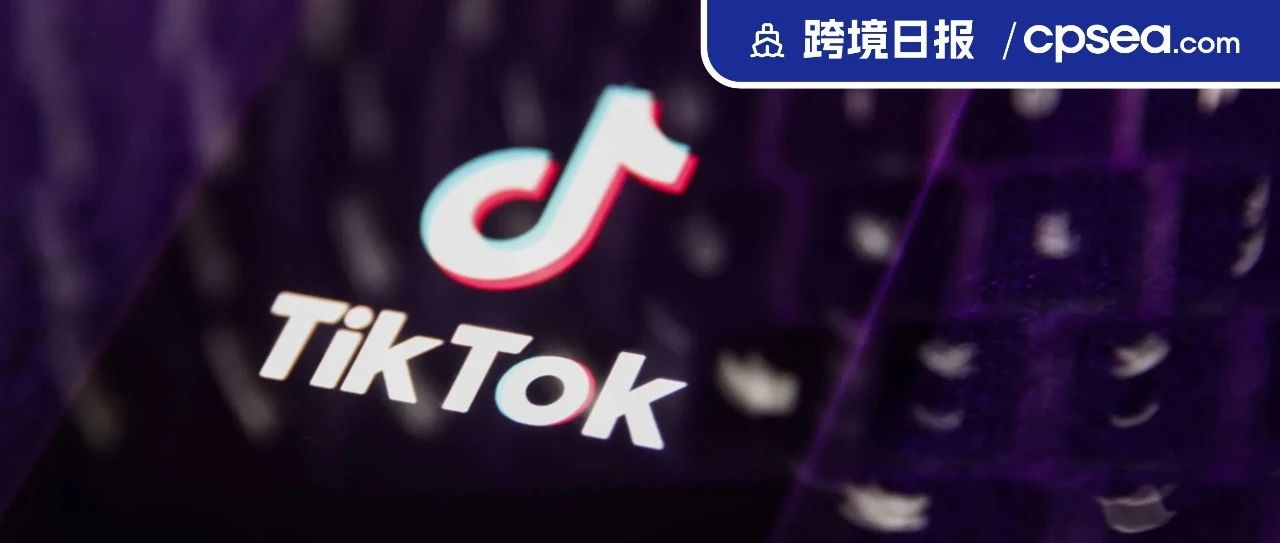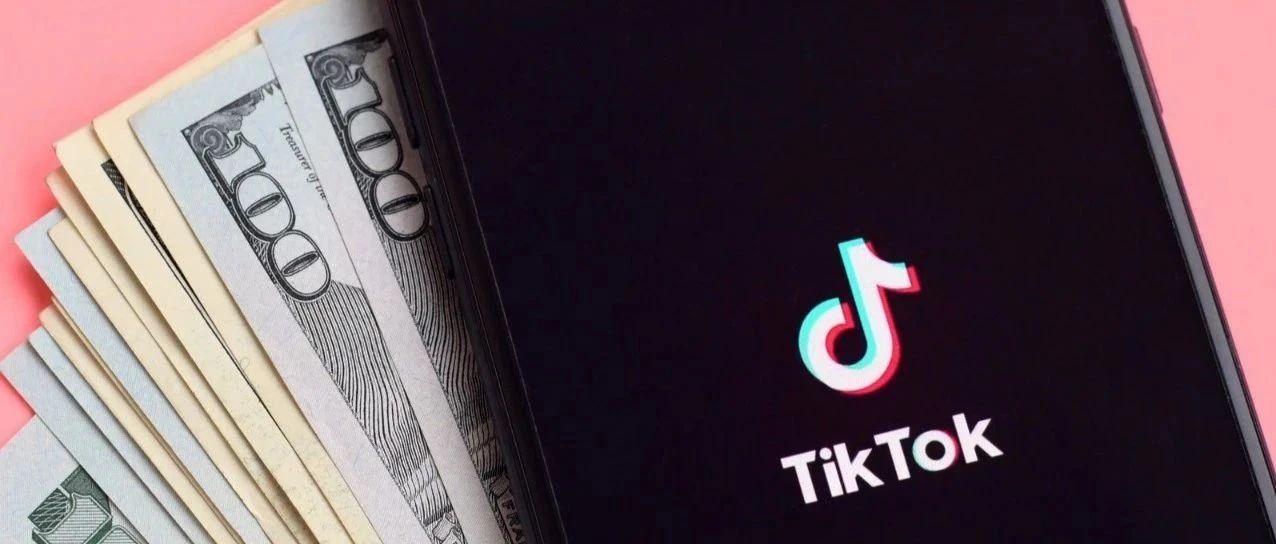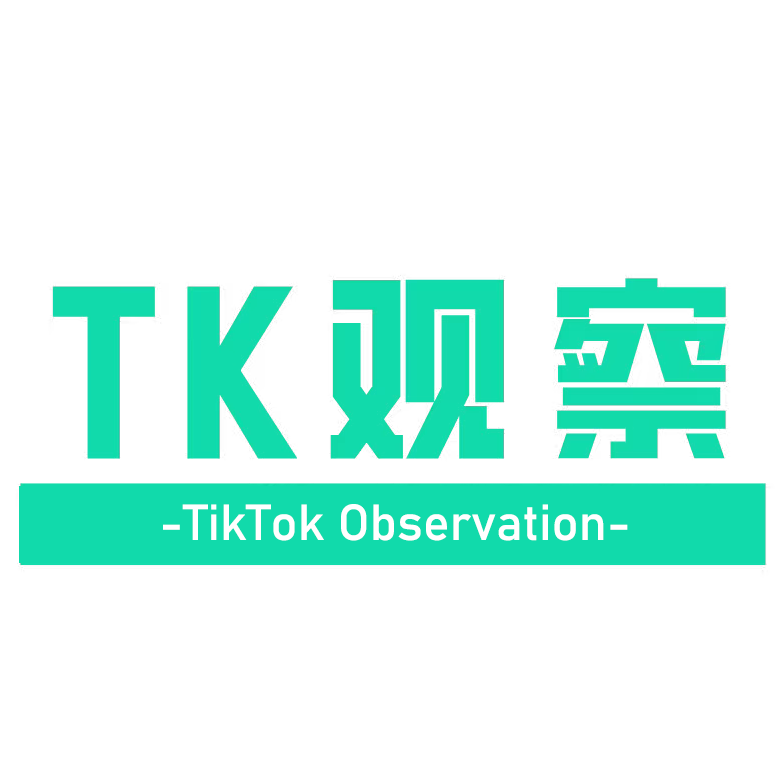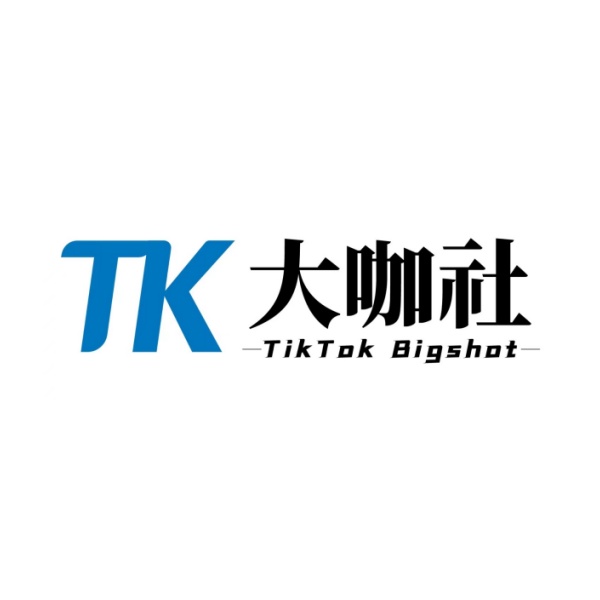Week's leftover tech news roundup: 6G, TikTok, Alexa AI & more

TKFFF · 2024-05-28 17:49
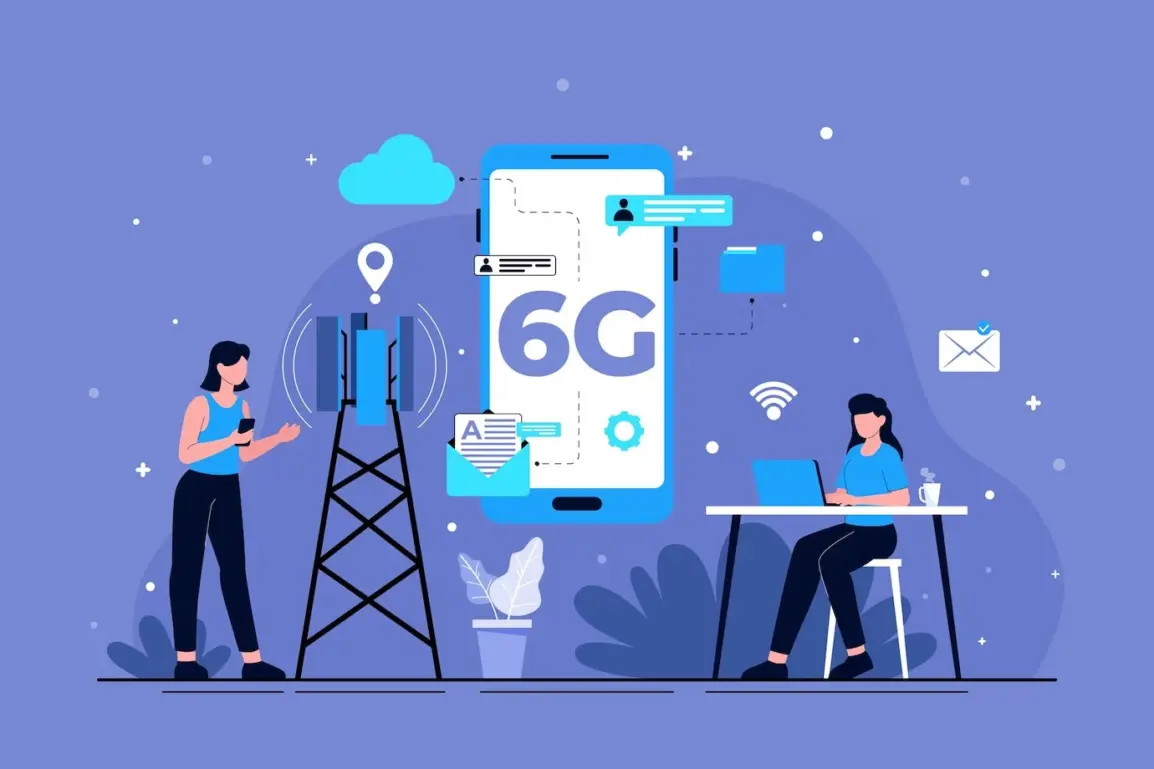 The internet never sleeps, giving us a never-ending news cycle. While we ought to keep you posted with all the latest happenings in the tech world, a few gems slip through the cracks. Fear not, because we’ve got you covered. Welcome to our first edition of “News You Probably Missed and Shouldn’t Have!”—the weekly roundup of stories that deserve the spotlight.
So, buckle up, because while these headlines may not have made the front page, they’re definitely worthy of a glance, or maybe two—and a chuckle. Prepare to be entertained by the tech news that somehow evaded your social media feeds (we know social media is your ultimate news destination). Let’s get started!
The internet never sleeps, giving us a never-ending news cycle. While we ought to keep you posted with all the latest happenings in the tech world, a few gems slip through the cracks. Fear not, because we’ve got you covered. Welcome to our first edition of “News You Probably Missed and Shouldn’t Have!”—the weekly roundup of stories that deserve the spotlight.
So, buckle up, because while these headlines may not have made the front page, they’re definitely worthy of a glance, or maybe two—and a chuckle. Prepare to be entertained by the tech news that somehow evaded your social media feeds (we know social media is your ultimate news destination). Let’s get started!
Samsung & ARM start laying the foundation for 6G
Smartphone giant Samsung and processor IP maker ARM are gearing up for the next big thing in mobile data: 6G. Yes, while most of us are still trying to find a decent 5G signal or even 4G in some places, these tech titans are already plotting the future. The two firms have started laying the foundation for the next generation of wireless communication technology. Current estimates are that it will take another five or six years for 6G to be available commercially. Tell you what, there might be a pattern here—4G debuted in 2009 and 5G in 2019. Is anyone betting on a 6G launch in 2029? We aren’t. But people say AI will revolutionize the tech landscape in the years to come. Who knows the so-called faster internet will come to us faster. For now, let’s hope 6G doesn’t stand for “6th Generation of Disappointment”!Samsung appoints a new head of its semiconductor division
Samsung has appointed Young Hyun Jun as the new head of its Device Solutions Division which incorporates its semiconductor business. With a career spanning over two decades across various roles within the company’s semiconductor unit, the 64-year-old Young is stepping into a key position responsible for advancing the Korean firm’s chip technology. Given the sub-par performance of its Exynos chips in the past, let’s hope he brings a secret sauce to finally spice things up.TSMC would kill itself rather than live under Chinese control
TSMC, the world’s largest semiconductor foundry, has contingency plans against a potential Chinese invasion of Taiwan that could hand over its controls to Beijing. While the US is already scared about the implications of such an event and rightly so, the Taiwanese company itself doesn’t want to live under Chinese control. It has worked with its Dutch chip machine supplier ASML on a tech that would remotely disable the chip machines and render them useless in the event of an invasion. Imagine the chaos: Chinese invaders storming in only to find TSMC’s factory turned into a high-tech ghost town. It would be no less than a scene from a sci-fi movie where the robots revolt. But in this case, the machines pull the plug on themselves rather than attacking the attackers. TSMC’s influence in the tech industry is an example of why regulators want to break big internet companies like Google. When things go bad, it could send the world into disarray.Installing PWAs and Android apps made easy on Chrome OS
Google has introduced an “Add to Chromebook” badge and “ChromeOS app URL” to make it easier for Chrome OS users to install Android apps and Progressive Web Apps (PWAs). The badge takes users to the Play Store listing of an Android app. In the case of PWAs, those can be installed from anywhere. You no longer have to be inside a PWA in a browser tab to get an install button. Thanks, Google! You finally figured out that users were fumbling around, asking, “PWA (Please, Where’s the App)?”Humane is looking for humans to buy it out
After a delay, Humane finally started selling its much-hyped Ai Pin last month. It was supposed to be a revolutionary AI companion to assist you with various tasks, potentially replacing your smartphone in some. However, the voice-controlled wearable device with a built-in digital assistant had poor word of mouth and never took off. Barely a month after Humane started selling its first and only product, it is now seeking buyers for itself. The AI startup hasn’t officially announced that it is looking for humans willing to buy it. However, people familiar with the matter say Humane will gleefully hand over its reigns to a new owner for anything between $750 million and $1 billion. If this sale goes through within the next few months, it might set a new record for a startup’s first product launch to a potential buyout. The AI landscape isn’t all sunshine and roses, it seems.TikTok to lay off over 1,000 employees
Ahead of a potential reduction in its user base (a US ban would cut affect over 170 million users), TikTok is shrinking its workforce. The ByteDance-owned company is planning a major layoff affecting over 1,000 employees. The job cut will hit various internal teams and departments—probably not the legal department (it needs a lot of legal experts to work in tandem if it were to live on in the US beyond January 2025). So, while TikTok dances its way through the courts, some of its employees may be soon left doing the cha-cha slide out the door.Windows PowerToys unleashes advanced AI copy-paste
PowerToys for Windows 11 has just added a new AI tool: Advanced Paste. It lets you convert your clipboard content on the fly, speeding up your workflow. You can copy code in one language and paste it in another. You can also run other types of conversions before pasting, including summarizing text, translating it to a different language, and rephrasing it to change its tone. Gone are the days of accidentally pasting cat memes into serious work documents—what you paste is always on point. But hey, this tool is super useful, so you have to pay us. Not us, but those who brought it to you. Available with PowerToys version 0.81, you can enable Advanced Paste using the key combination “Windows Key + Shift + V”. But to use it to its full potential, you need to link your OpenAI account and buy OpenAI API credits. Nah, a paid ChatGPT account doesn’t give you API credits.YouTube is testing a redesigned layout, again
YouTube regularly tests UI redesigns and tweaks to give users a pixel-perfect viewing experience that’s smoother than a cat’s nap. It keeps what works and discards what doesn’t. The company appears to be preparing another redesign. On the desktop version, it is moving the video title, description, comments, and other buttons to the right side. The video appears on the left, with recommendations showing up with bigger thumbnails directly under it. This redesign has been in the works for a while now but hasn’t shown up for many. We certainly don’t want it in its current state—those big thumbnails under the video are massive distractions. How come YouTube UI designers do not see that? Or they just turned a blind eye to it? Come on Google, you are better than this (or at least the world thinks you are).Xiaomi to make its own smartphone chipsets
Xiaomi seems to be fed up with the lack of choices when it comes to smartphone processors. It is making its own. Codenamed “Ring,” the chipset is currently in development with the high-end segment in mind. The chip may still be far away but the Chinese firm appears determined to make a groundbreaking entry in a few years and shake the flagship SoC market currently captured by Qualcomm’s Snapdragon and MediaTek’s Dimensity chips. Samsung also makes Exynos-branded flagships SoCs, but those have always been sub-par. Wouldn’t it be amazing if Xiaomi came along and made a better chip than Samsung right away?Adaptive Audio for Google Meet
Google Meet is stepping up its audio game with the introduction of Adaptive Audio. It is a game-changing feature that ensures your virtual meetings sound as clear as a bell. The new feature can detect the presence of multiple laptops in the room (and multiple people shouting at their bosses at once—just kidding, you shouldn’t shout at anyone, unless your boss is a clod) and synchronize the microphones and speakers to eliminate echoes and audio feedback. This allows you and your colleagues to participate in meetings from anywhere.Bluesky adds DMs, finally
BlueSky, Twitter’s decentralized dream, is finally adding DMs. You can now send messages to your friends and families via the app. If they are on it, of course (don’t be surprised if some of them point upwards when you ask them what Bluesky is). DMs work on the app and website but only support text conversations in one-to-one chats. No group chats and media support, oh, really? The company says these features, along with end-to-end encryption, are planned for later.Snapseed gets a rare update
Snapseed, the Google-owned photo editing software tool for mobile devices, recently picked up a minor update. This is the first update for the app in nearly eight months. It brings version 2.22 with no user-facing changes or functional improvements. Considering how rare updates for Snapseed are (feature updates are even rarer), Google seems to be losing interest in it. The company acquired the tool in 2012 and appears to have little incentive to support it further. We wouldn’t be surprised if the app ends up in the Google Graveyard in a few years.Help yourself to disabling Chrome’s “Help me write” AI tool
Are you fed up with AI tools interrupting you unnecessarily? Some Chrome users may have been. Google recently started actively pushing a “Help me write: Powered by Google” bubble in Chrome to promote its experimental writing assistant. Thankfully, if you are annoyed by this bubble, you can disable it. To do that, go to Settings > Privacy and security > Site settings > Content > Additional content settings > Offer writing help (at the bottom). Google couldn’t have made it more difficult to disable this tool.WhatsApp is working on AI-generated profile photos
AI is coming everywhere and you can’t do anything about it. You may be able to disable some AI tools (like Google’s “Help me write” for Chrome), but you will encounter more of them in other places. WhatsApp may soon introduce one. The Meta-owned messaging app is working on AI-generated profile photos (but why?). Because who needs a regular selfie when you can have an AI-generated masterpiece, right? No, we don’t need a virtual Picasso painting our profile pictures. But then again, all tech firms have to show that their products boast the latest AI tools. While AI is undeniably powerful, it feels like tech companies sometimes rely too heavily on it as a buzzword rather than focusing on meaningful advancements. It’s like promising a gourmet meal and delivering a reheated TV dinner—underwhelming and lacking that wow factor.Someone at X doesn’t like to show “likes” publicly
X, the social media platform we knew as Twitter before the Elon Musk era, will soon stop showing the posts you have liked to other users. The company is making likes private because “public likes are incentivizing the wrong behavior.” People avoid liking some posts fearing retaliation from trolls. While liking posts on X may not be as nerve-racking as navigating a minefield, this move from X will certainly help people maintain a pristine online image while still enjoying the content they love. It’s like a digital self-care package.AI is coming to Amazon Alexa too, but at a price
Amazon’s Alexa voice assistant is getting an AI makeover. The company is working on new generative AI capabilities for the decade-old assistant. However, unlike most other companies, it won’t make the AI features free. The e-commerce giant would charge a monthly subscription for it. Worse yet, it won’t be included in an Amazon Prime subscription. The question is, how many people would be willing to pay Amazon for AI features available free elsewhere? It’s like inviting a brainy friend to the party but having to pay a cover charge for their wit and wisdom. But hey, maybe Amazon will pave the way for an AI subscription model in the virtual assistant realm, and everyone will follow, leaving users with no other choice. Only time will tell.TikTok disrupted over a dozen covert influence campaigns this year
TikTok has disrupted more than a dozen covert influence campaigns since January this year. The company has placed measures to detect such campaigns where several accounts coordinate to sway political discourse. It removes accounts engaging in these kinds of practices. It has already detected 15 influence campaigns this year, including one originating from China. These campaigns spanned 3,000 accounts that had millions of followers combined. Great job, TikTok. We don’t get many chances to say that, do we?HMD Aura is an incredibly affordable Android smartphone
HMD has launched Aura, an incredibly affordable Android smartphone. Priced at AUD 180 (approx. USD 120), it offers a decent set of specs for its price. It appears to be currently limited to Australia, where potential buyers can find it on local retailer JB Hi-Fi. There is no word on its availability elsewhere. It is unclear if HMD will showcase Aura’s aura in other parts of the world. As for its specs, the phone has a 6.56-inch HD+ display, a 13MP main camera, a 5MP selfie camera, a rear-mounted fingerprint scanner, a Unisoc SC9863A1 processor, 4GB RAM, 64GB internal storage (supports microSD cards up to 256GB), dual SIM support, a USB Type-C port, and a 3.5mm headphone jack. It packs a 5,000 mAh battery and supports 10W wired charging.YouTube Music lets you hum to find songs
YouTube Music is bringing a musical genie to your phone. Even if you have forgotten a song’s lyrics, title, artists, and all, you can still magically find the song that’s playing in your mind. Just hum its tune, and presto—your phone magically finds the song for you. With “Hum to search,” you don’t have to make multiple Google searches with vague descriptions to find that one song. The new feature is available with version 7.02 of YouTube Music for Android, though it may take a while before this ability reaches everyone.文章来源:androidheadlines


TKFFF公众号
扫码关注领【TK运营地图】

TKFFF合作,请扫码联系!

文章来源: 文章该内容为作者观点,TKFFF仅提供信息存储空间服务,不代表TKFFF的观点或立场。版权归原作者所有,未经允许不得转载。对于因本网站图片、内容所引起的纠纷、损失等,TKFFF均不承担侵权行为的连带责任。如发现本站文章存在版权问题,请联系:1280199022@qq.com
分享给好友:

